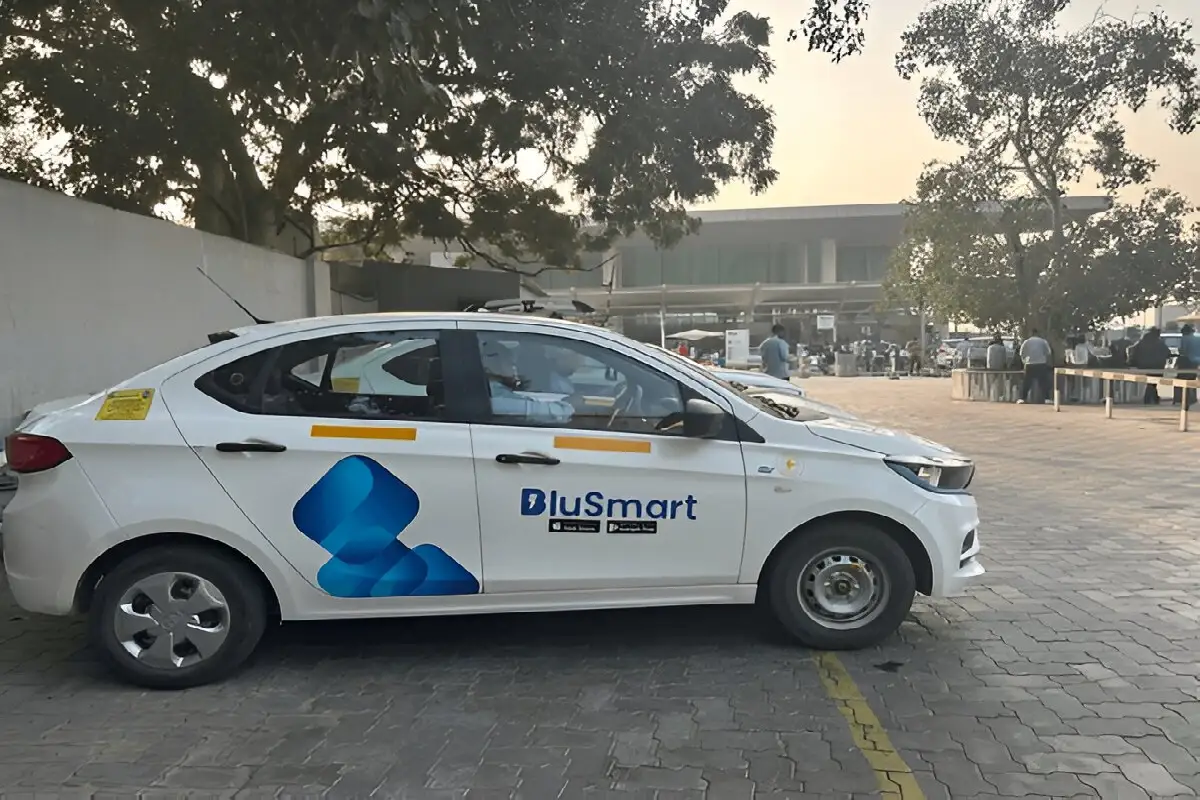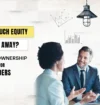Leadership Shakeup at BluSmart: CEO Departs Following Major ₹315 Crore Fleet Deal
BluSmart is one of India’s ride hailing startup that brings all electric fleet in the fast growing ride hailing industry as fast as 2019. The company was founded by Anmol Singh Jaggi, Punit Goyal and Puneet Singh Jaggi with an aim to disrupt the traditional players like Uber and Ola by offering eco-friendly mobility solutions in major cities like Delhi-NCR and Bengaluru.
Strategic Partnerships and Financial Foundations
BluSmart mainly relied on Gensol Engineering, which is a solar engineering as well as electric vehicle (EV) leasing company in running its core operations. BluSmart’s asset-heavy model of asset ownership to ensure right service quality and sustainability standard, was made possible by the EVs supplied by Gensol, in the region of 5,000 units to enable the company to kick start.
Gensol’s Financial Turbulence and Its Impact
But the crisis of debt repayment became a financial business for Gensol Engineering as well, which went through many financial distress situations. In this move to ease its financial troubles, Gensol had already started the sale of around 3,000 EVs to Chennai-based Refex Green Mobility. BluSmart’s divestment of this much inventory (8,700 vehicles) meant around 34% of BluSmart fleet that posed big challenges to BluSmart operational capacity and raised questions of its ability to maintain service levels.
Leadership Exodus and Internal Restructuring
Then, BluSmart had a series of high profile executive departures to complicate these challenges. Tushar Garg, Chief Business Officer, Rishabh Sood, Chief Technology Officer and Priya Chakravarthy, Vice President of Experience quit from their positions. These exits happened as part of Gensol’s financial instability that initiated restructuring efforts to overcome the challenges brought into the picture by financial mess.
Operational Decline and Competitive Pressures
Internal as well as external disruptions had clear repercussions in BluSmart’s operational metrics. At its peak, the company had around 25,000 to 30,000 daily rides, which have dramatically dropped to below half that at present. This downturn coincided with the intense competition from emerging players such as Rapido who actively poached driver partners of BluSmart with better incentives that also eroded BluSmart’s market share.
Speculations of Acquisition and Market Positioning
Despite these challenges, it was reported that Uber was earlier engaged in preliminary talks to acquire BluSmart as a means to boost its EV offerings in India. However, such speculation, while BluSmart itself quickly refuted these claims, signified a weak point of the company and revealed how the whole market of the company has regarded its assets and its potential.
Path Forward: Strategic Considerations
BluSmart is a cautionary tale about how even in the capital intensive, asset heavy scenario, scaling a startup is a very complex problem. With dependent on financially unstable partner and the inherent drawbacks to ferry ownership, these vulnerabilities require a strategic rethinking by the company.
BluSmart could consider strategizing in a few ways in order to navigate this crisis:
- Diversification of Partnerships: Avoiding overdependence on one entity, Gensol, by having partnerships with multiple fleets or exploring alternate financing models would also help avoid operational sharp risks.
- Operational Efficiency: If measures to firm up costs, fleet optimization and utilizing technology for improving user experience are with it then it can regain market traction.
- Investor confidence could be restored by open communication with stakeholders and an outline toward profitability that may open alternate sources of funding.
- BluSmart might differentiate in the Market through selling propositions that are: superior service quality, for instance, environmentally friendly, and no surge charges; fixed pricing.
Conclusion
This is just one tale of the startup ecosystem’s unpredictable nature where innovation and ambition is coupled with a prudent foresight and readiness to adapt. While the company’s commitment to sustainable urban mobility should be applauded, its continued survival will depend on its ability to rethink and consolidate strategies, strengthen partnerships and maneuver through the complex challenges in store.



